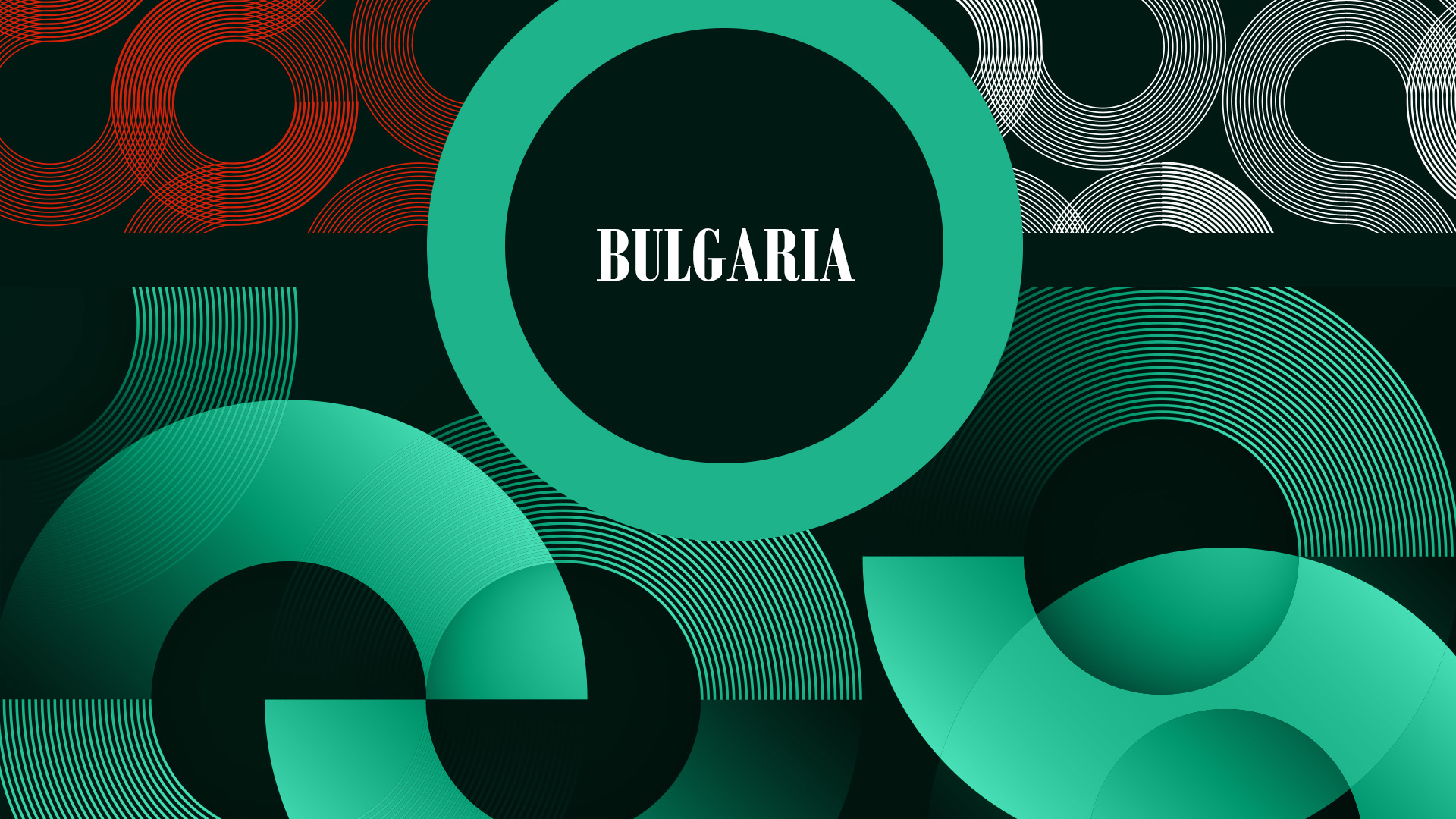The Media Market in Bulgaria 2024
In 2024, Bulgaria's media market experienced notable regulatory and structural shifts. The European Media Freedom Act was introduced; however, despite this step forward, concerns remained about political pressure on media and opaque ownership structures.
Several changes took place among market players. Alfa TV ceased operations due to financial difficulties, marking the exit of a politically driven broadcaster. At the same time, United Group acquired Bulsatcom, strengthening its position in the telecom and TV markets, while Yettel was acquired by UAE-based company e&, reshaping the telecom-media landscape. Nova Broadcasting and bTV Media Group – the two dominant players – retained their leading positions under foreign ownership.
Digital advertising budgets grew by 14% in 2024, outpacing television’s 6% increase—an indicator of the broader shift toward online marketing. Print media continued its decline, losing 10% of ad revenue. Cinema advertising rebounded with a strong 25% increase, while radio and out-of-home (OOH) advertising experienced modest growth. Television remained the top advertising channel with approximately 52% of total spend, but digital media followed closely at 36%, driven by rising internet usage and social media consumption.
Bulgaria’s media landscape is becoming increasingly digital but also more concentrated in terms of ownership. This trend raises important concerns about media freedom and market competition, especially as global digital platforms continue to expand their influence. Meta, TikTok, and YouTube dominate digital advertising reach and spend. However, local publishers – such as abv.bg, Actualno, Darik News, 24 Chasa, Dnes, and Vesti – continue to generate significant traffic through direct visits and search.
Published: September 9, 2025
